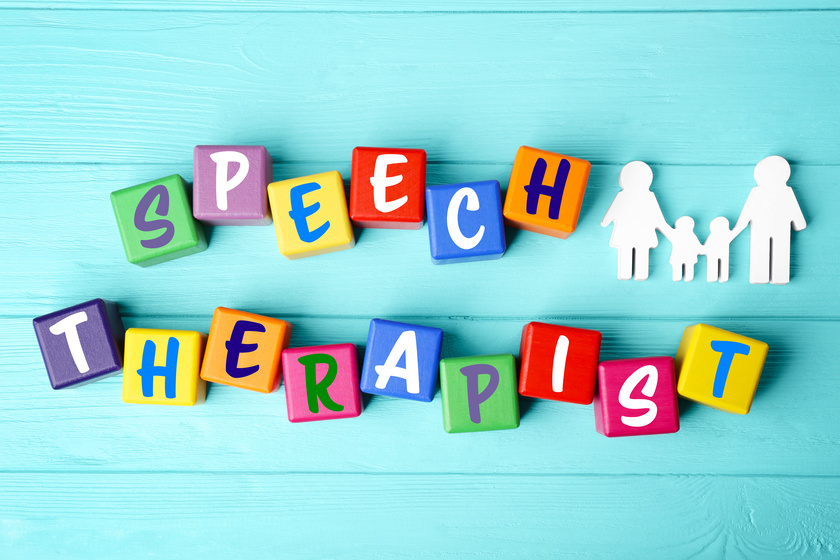Dementia is a progressive neurological disease that presents itself with symptoms like forgetfulness and the inability to perform complex tasks. When your loved one is diagnosed with dementia, you may have been offered a variety of therapy treatment options for them such as physical or occupational therapy. Many patients have opted for these options in addition to cognition-enhancing medication. However, there is an increasingly popular option for dementia that you can also consider – speech therapy. Speech therapy treatment for dementia can help improve a patient’s cognitive health. Learn more about why you should consider speech therapy for your loved one!
What Is Speech Therapy?
Simply put, speech therapy is the assessment and treatment of both verbal and non-verbal communication disorders. The basic components covered in speech therapy are:
- Teaching patients to improve articulation as well as fluency in speech
- Working with patients to use language to express themselves through traditional and alternative communication forms (i.e. written, body, sign, digital devices, etc.)
Speech Therapy Treatment for Dementia
The degeneration of cognitive functions in dementia patients often leads to other problems including disorientation, depression, or speech problems. As such, seniors with dementia will likely face difficulty with language and have problems expressing themselves. It is common for speech-related issues to worsen with the progression of dementia. Although there are some patients who do not have issues with speech, many still go for speech therapy to combat cognitive decline.
Speech therapy for patients with dementia targets language ability and cognitive skills. The therapy sessions typically focus on maintaining the skills of the patients and guiding them to adapt to the various changes brought about by their condition.
Language
As dementia progresses, your loved ones may have difficulty understanding others and expressing themselves. You might have noticed that they become visibly frustrated while trying to figure out what to say. As the communication ability of the patient decreases, they may end up using sounds instead of words to interact.
In such cases, speech therapy would be helpful as it can address the situation and offer tailored suggestions that cater to your loved one’s condition. Some solutions a speech therapist may provide can include using images or written words to communicate.
Cognition
As dementia mainly affects cognitive functions, your loved one may need assistance with maintaining focus and attention and improving memory. Your loved one’s short attention span may become apparent during conversations where you find that you are unable to sustain a conversation with him or her. To combat this, the speech therapist can provide solutions like using picture books or old photos to evoke memories and spark conversation.
Swallowing
In the final stages of dementia, it can become challenging for your loved one to chew and swallow food. The muscles in the throat no longer function as they used to and this increases the probability of choking.
Having food and liquid get in the lungs is dangerous as it can cause health complications such as pneumonia. Thankfully, speech therapists are able to provide advice and strategies on how your loved one can eat and drink safely.
Quality Care for Seniors with Dementia
In our retirement community, we offer the best senior living programs for memory care. Our residents with memory-related conditions receive specialized, personalized care, and our Dimensions Health and Wellness program ensures they enjoy a comprehensive range of activities to keep their minds and bodies healthy. To learn more about what we have to offer, contact us today.







